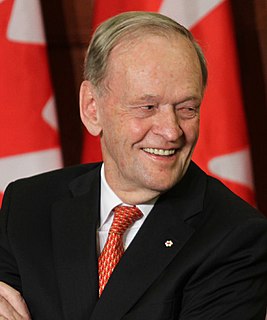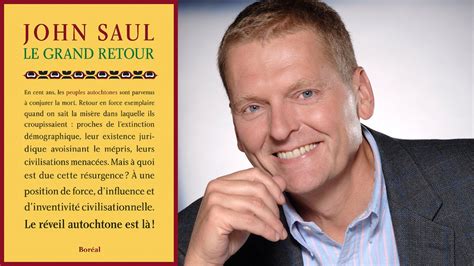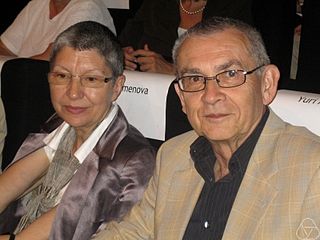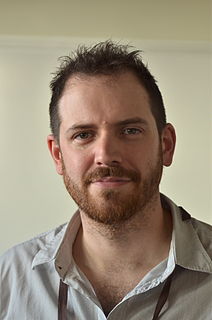A Quote by George Polya
The result of the mathematician's creative work is demonstrative reasoning, a proof; but the proof is discovered by plausible reasoning, by guessing.
Quote Topics
Related Quotes
The great mathematician fully, almost ruthlessly, exploits the domain of permissible reasoning and skirts the impermissible. That his recklessness does not lead him into a morass of contradictions is a miracle in itself: certainly it is hard to believe that our reasoning power was brought, by Darwin's process of natural selection, to the perfection which it seems to possess.
The deep paradox uncovered by AI research: the only way to deal efficiently with very complex problems is to move away from pure logic.... Most of the time, reaching the right decision requires little reasoning.... Expert systems are, thus, not about reasoning: they are about knowing.... Reasoning takes time, so we try to do it as seldom as possible. Instead we store the results of our reasoning for later reference.
I would call the attention of the reader to the difference between "reason" and "reasoning." Reason is a light, reasoning a process. Reason is a faculty, reasoning an exercise of that faculty. Reasoning proceeds from one truth to another by means of argumentation. This generally involves the whole mind in labor and complexity. But reason does not exist merely in order to engage in reasoning. The process is a means to an end. The true fulfillment of reason as a faculty is found when it can embrace the truth simply and without labor in the light of single intuition.






































